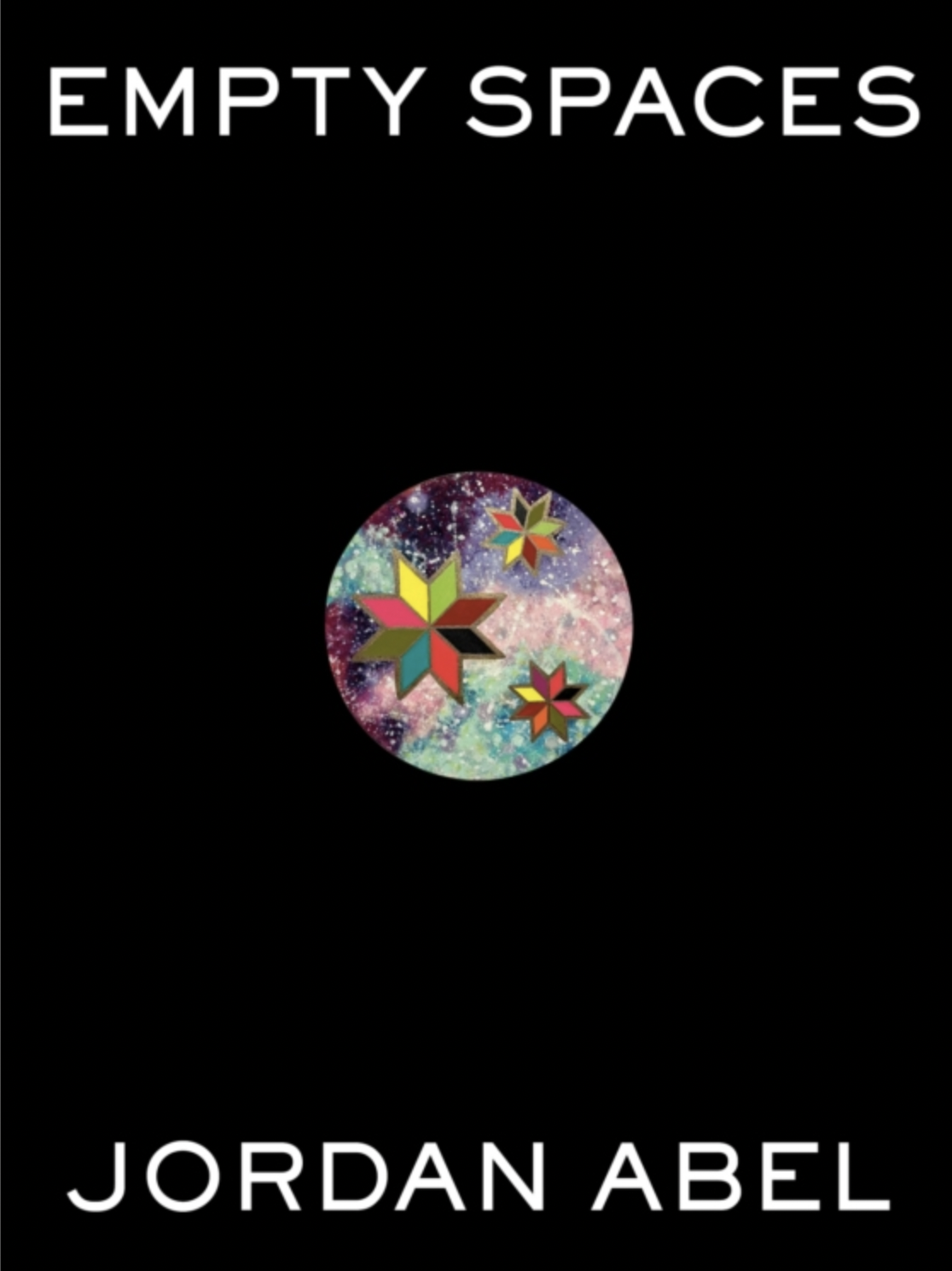From the acclaimed, boundary-breaking author of NISHGA comes a hypnotic and mystifying exploration of land and legacy.
Reimagining James Fenimore Cooper’s nineteenth-century text The Last of the Mohicans from the contemporary perspective of an urban Nisga’a person whose relationship to land and traditional knowledge was severed by colonial violence, Jordan Abel explores what it means to be Indigenous without access to familial territory and complicates popular understandings about Indigenous storytelling. Engaging the land through fiction and metaphor, the successive chapters of Empty Spaces move toward an eerie, looping, and atmospheric rendering of place that evolves despite the violent and reckless histories of North America. The result is a bold and profound new vision of history that decenters human perception and forgoes Westernized ways of seeing.
Jordan Abel’s extraordinary debut work of fiction grows out of his groundbreaking visual compositions in NISHGA, which integrated descriptions of the landscape from Cooper’s settler classic into his father’s traditional Nisga’a artwork. In Empty Spaces, Abel reinscribes those words on the page itself, subjecting them to bold rewritings and inviting us to come to a crucial understanding: that the land knows everything that can and will happen, even as our world lurches toward uncertainty.


